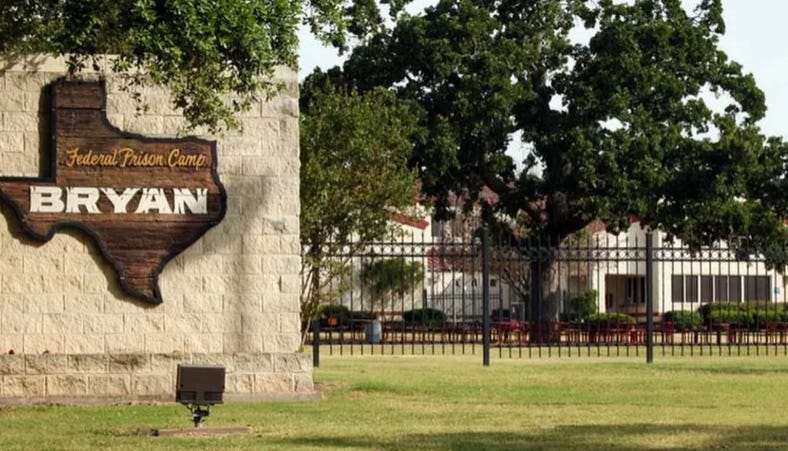Bending The Rules For Epstein's Accomplice
Ghislaine Maxwell is not qualified to serve time in a federal prison camp, but was transferred to one after she said Pres. Donald Trump was not involved in Jeffrey Epstein's sex trafficking ring.
The rules are unambiguous.
Ghislaine Maxwell is not qualified for transfer from a maximum security prison to a federal prison camp.
Yet, she was transferred to a federal prison camp in Texas shortly after her interview in July with Deputy Attorney General Todd Blanche. The transcripts of the interview were released last week.
Maxwell is a convicted sex t…


